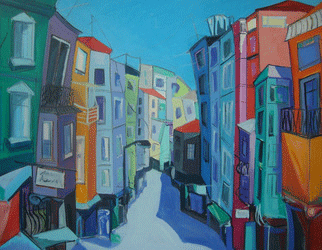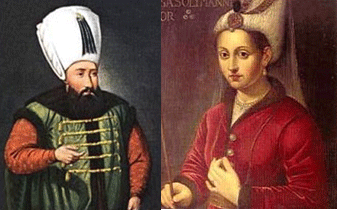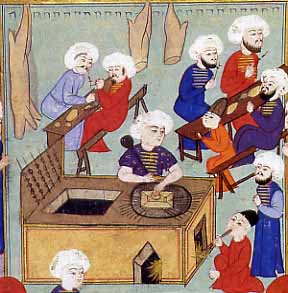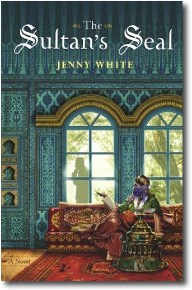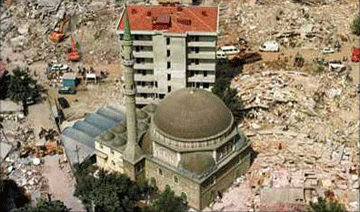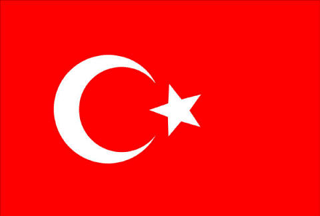
The conference entitled “The Draft of the New Turkish Constitution” will bring together academics and politicians who have drafted the new constitution with scholars of democratic theory and comparative constitutions in a way that both side exchange critical views and share them with the public audience. The declared aim of the new constitution project is to contribute to the process of liberalization of Turkey’s political and legal systems as part of its integration to the European Union.
Monday, March 3rd: 9:00-6:30
International Affairs Building, Room 1501
This conference is sponsored by the Center for the Study of Democracy, Toleration, and Religion (CDTR) and the Institute for Religion, Culture and Public Life (IRCPL) at Columbia University, and Turkish Cultural Center (TCC).
For more information, please contact Ahmet Kuru: ak2840@columbia.edu Continue reading International Conference: The New Draft Constitution of Turkey
